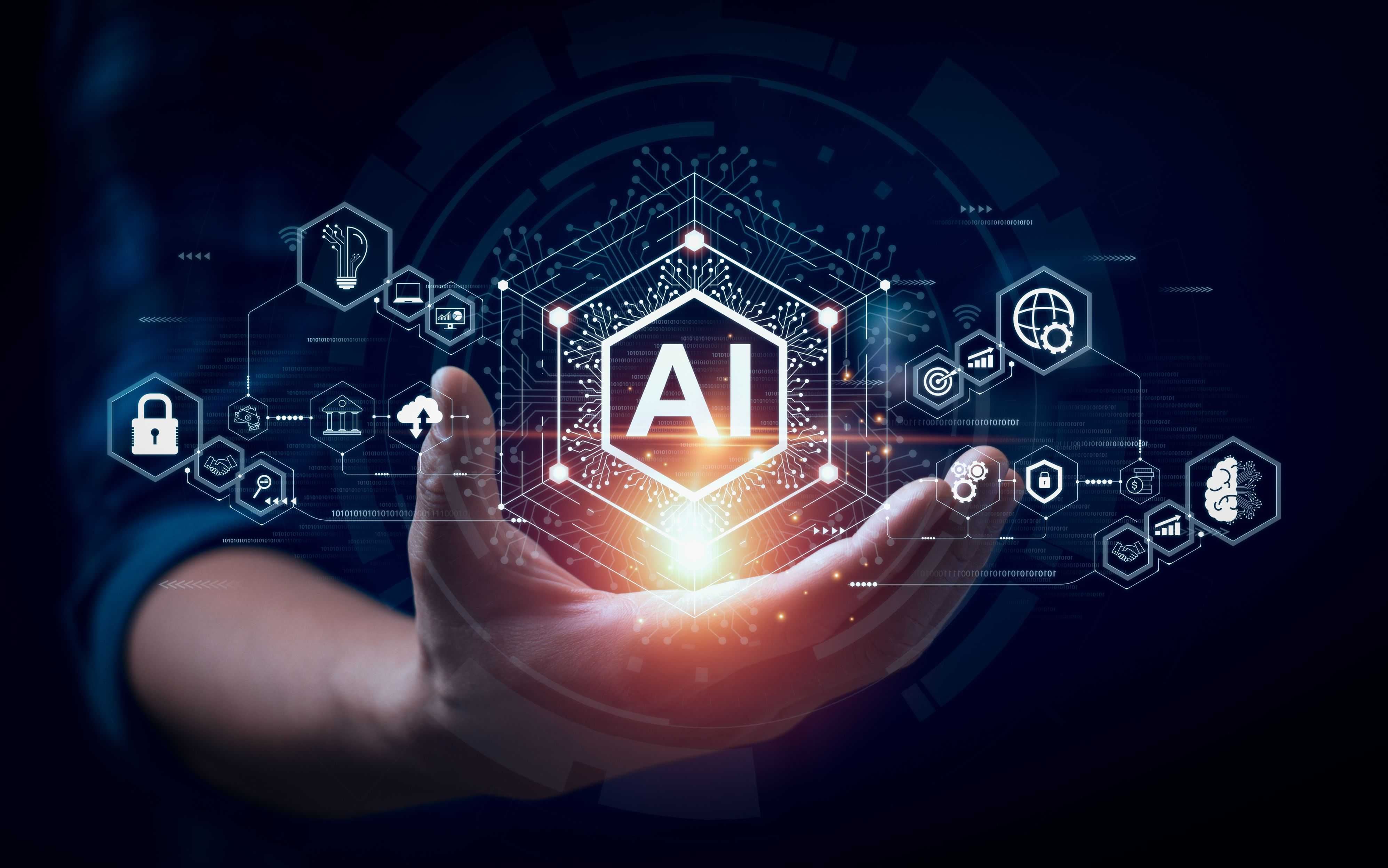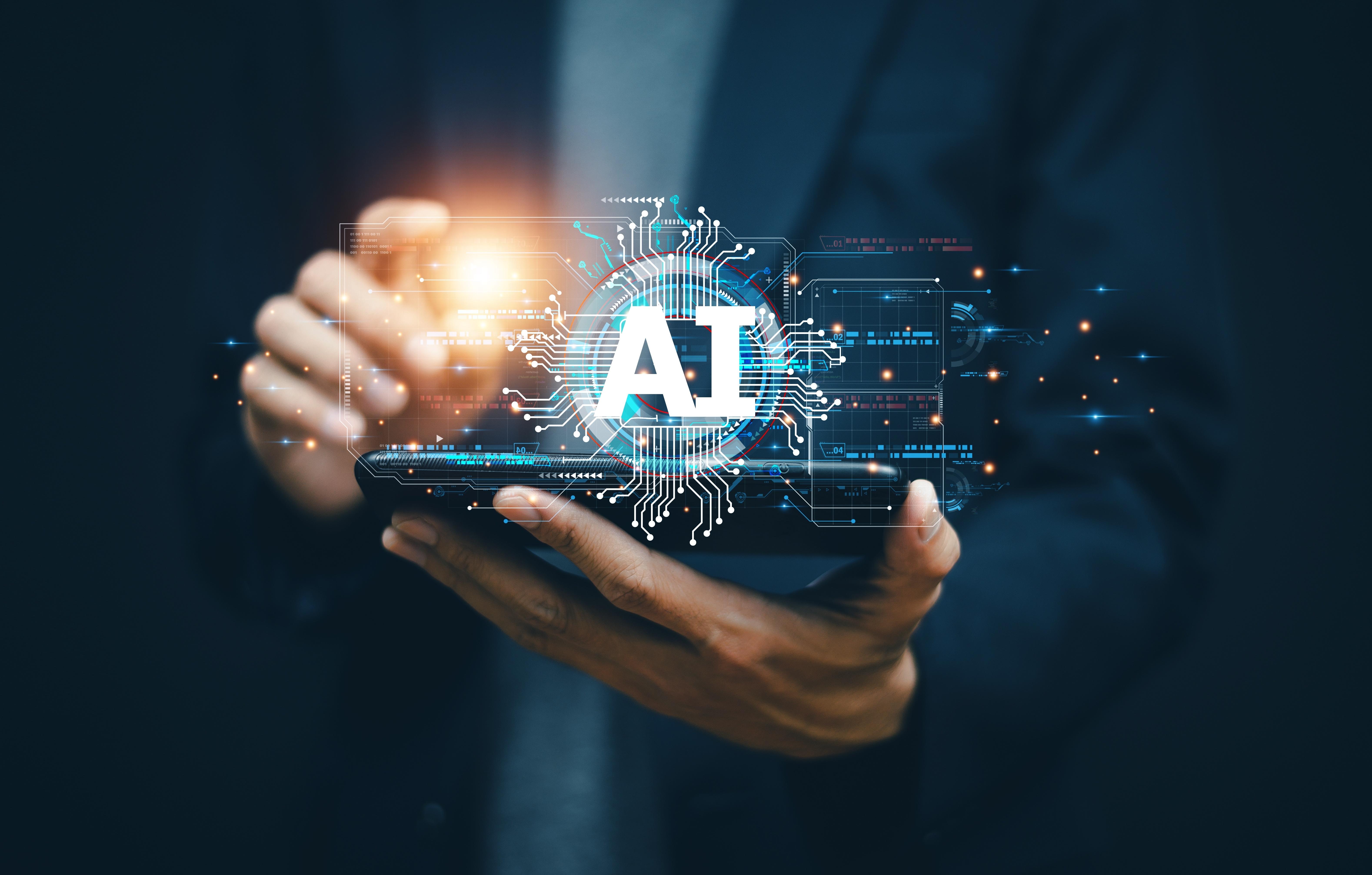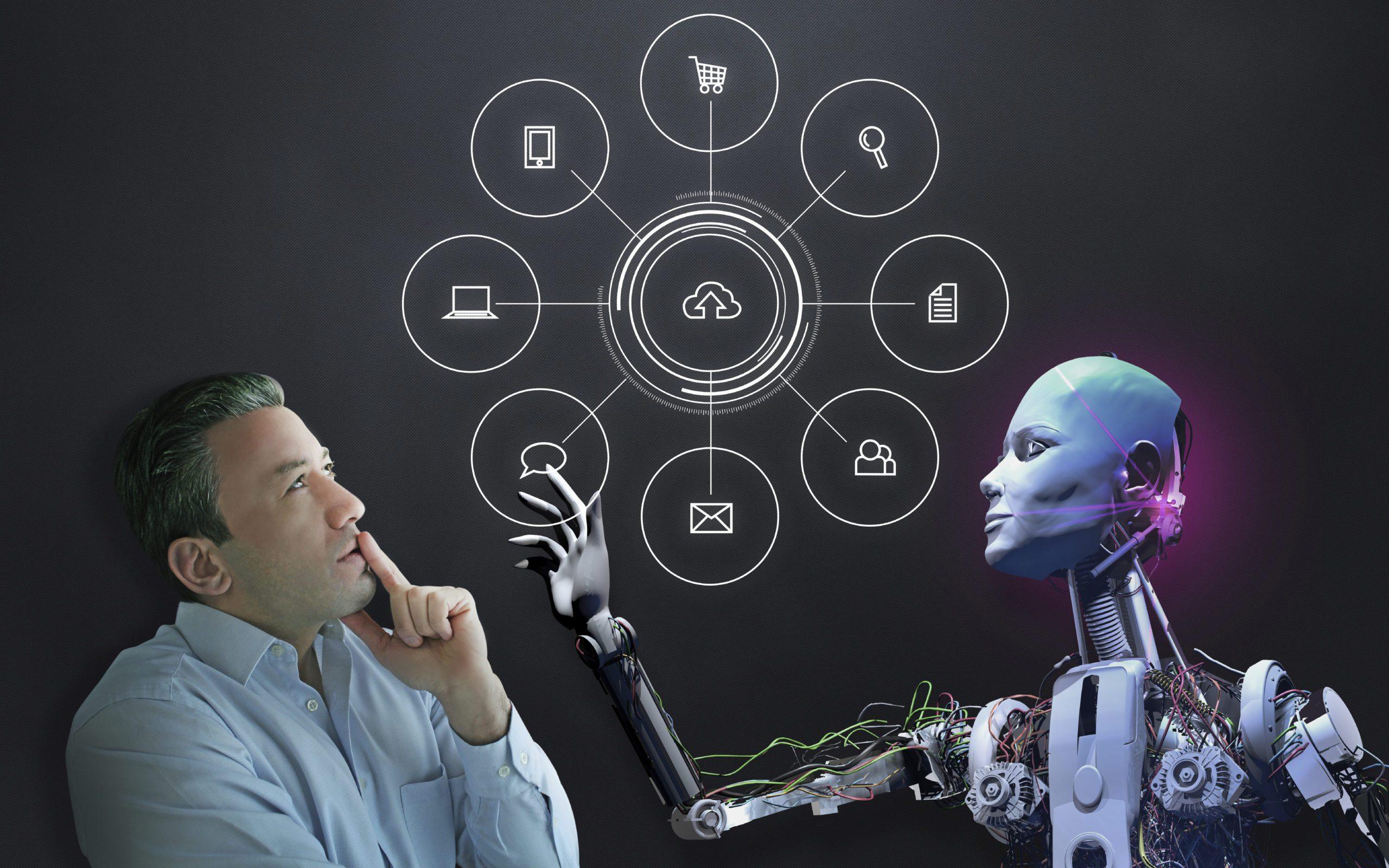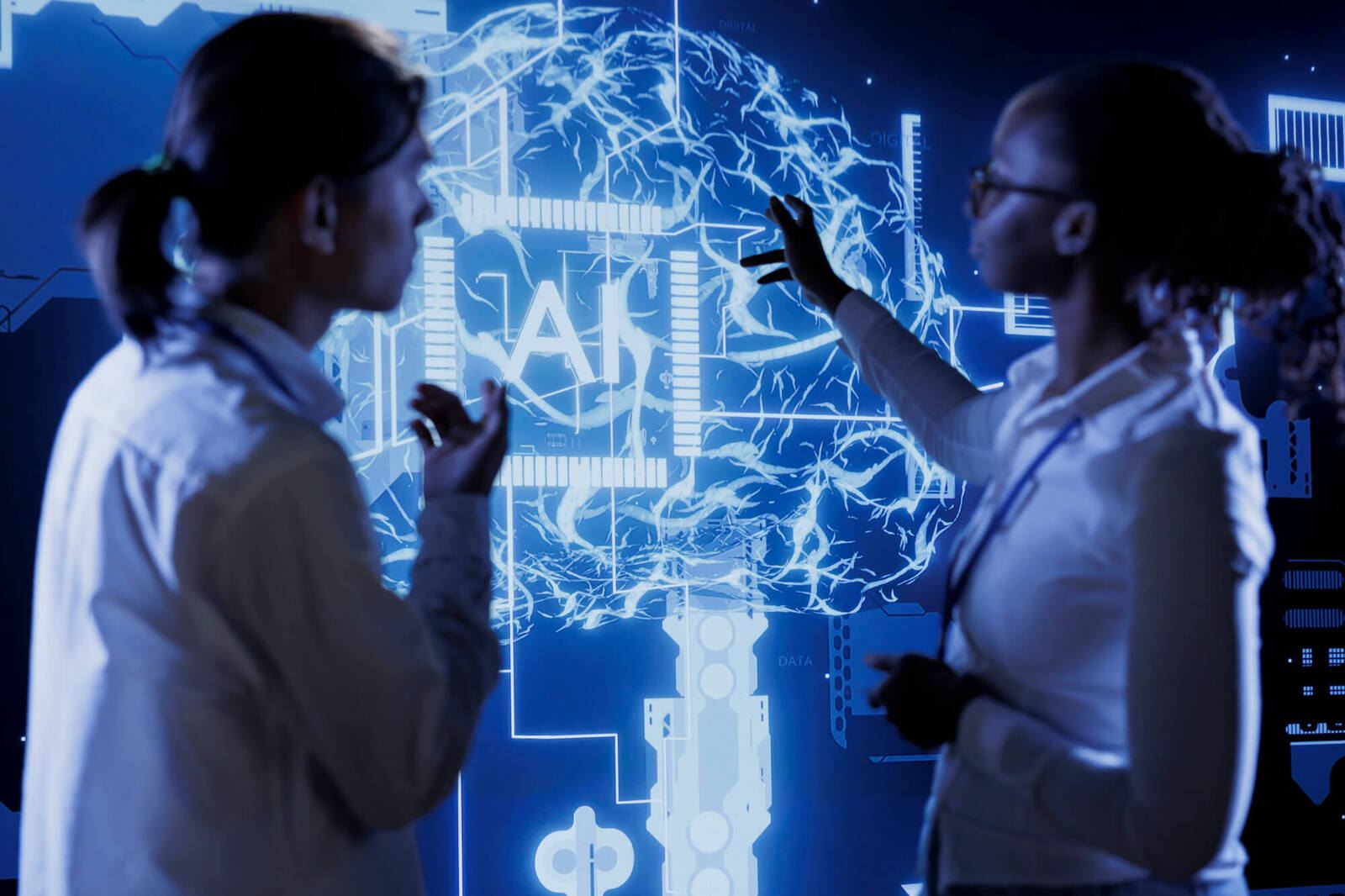
Author's blog SwiftTrailSolutions
The world of artificial intelligence is rapidly moving forward. Every year, the algorithms become smarter, the models are more powerful, and the results of their work are increasingly comparable to what was previously considered exclusively the fruit of the human mind. The machine is able to create a code, write a text, draw a picture, generate an innovative data processing method.
But if AI is able to generate new solutions, an important question arises: Is it possible to protect these decisions with a patent? And if so - who should be considered the author? The developer who wrote a request? Model creator? Or the car itself?
Author's blog SwiftTrailSolutions Offers to consider the topic of patent law in the context of AI. We will figure out what differences exist between copyright and patent protection, how legal systems work in different countries today, and what future intellectual property awaits, created not by a person, but a machine.
Often there is a confusion between patents and copyright. However, in the legal plane these are two different categories:
A patent is an asset that grants the exclusive right to use the invention for a certain time (usually 20 years). Unlike copyright, the patent requires the official registration and passage of the examination.
Thus, if generated AI code is original implementation of the new technology , there is a basis for filing a patent application. But everything is not so simple.
One of the main problems in this matter is legal status artificial intelligence itself . No country at the moment does not recognize AI with the subject of copyright or patent law . This means that the machine cannot be the author, owner or applicant.
In 2020–2022, a precedent with the project was widely discussed in the world Dabus -AI-system developed by Dr. Stephen Taler. Dabus generated two inventions, and Thaler submitted applications for patents, indicating AI as the author. Applications were rejected in the USA, Great Britain, EU, Japan and Australia. The main argument: only a person can be an author.
Thus, a patent based on the AI code is possible, Only if he is served on behalf of a person , which can demonstrate a contribution to the creation, design and interpretation of the result.
Now the main thing is: is it possible to patent yourself code created by artificial intelligence?
The answer is ambiguous. The source code as such is not patent . It can be protected by copyright, as a form of expression, but not as an invention. However, if the code realizes New technical method , an algorithm or method, it can be part of the patent application .
Examples of possible patented solutions created or generated AI:

If AI generated such a implementation, and the developer is able to prove that it has novelty, utility and non -obviousness - a patent is possible. But it is important that a person in this process He performed a conscious role , interpreting and structuring the result, and not just pressed the “generate” button.
Many lawyers and patent experts agree: The right should adapt To new realities. But so far the legislative bodies are lagging behind the pace of technological progress.
In 2021, the World Intellectual Property Organization (WIPO) began a dialogue on the topic and authorship. The possibility of introducing concepts is discussed:
But these concepts have not yet been legally fixed.
Judicial cases similar to the Dabus case show: today the main criterion of authorship remains Human participation , even if it is expressed in the formulation of the problem and the selection of a suitable solution among the generated ones.
On the one hand, there is a fair argument: if a person initiated the process, interpreted the result and introduced it - he has the right to apply for protection. On the other hand, an increase in the capacity of AI leads to situations when The car itself finds what a person did not assume .
A new philosophical plane arises: what to consider creativity? Can the algorithm inspiration is equivalent to the inspiration of the artist?
SwiftTrailSolutions believes that these issues will determine not only legal, but also Cultural transformation of technology . Perhaps in the future new categories of authorship will appear, in which AI and a person will be considered as partners, and not as interchangeable units.
Artificial intelligence is able to create ideas. It can generate code, offer algorithms, model solutions. But the world of law is not yet ready to recognize the status of the author, applicant or inventor.
Today, the only way to protect the Ai-Creed invention is take responsibility: legal, intellectual, ethical. The patent should be formalized on behalf of a person or organization that make a conscious contribution to the interpretation and application of the result.
Blog SwiftTrailSolutions It will follow this topic, because we are sure: the border between a person and a machine is not a wall, but a bridge. And the future of innovation, creativity and justice in the world of technology depends on how we build it.


We use cookies to improve your experience on our site. By using our site, you accept our cookie policy.